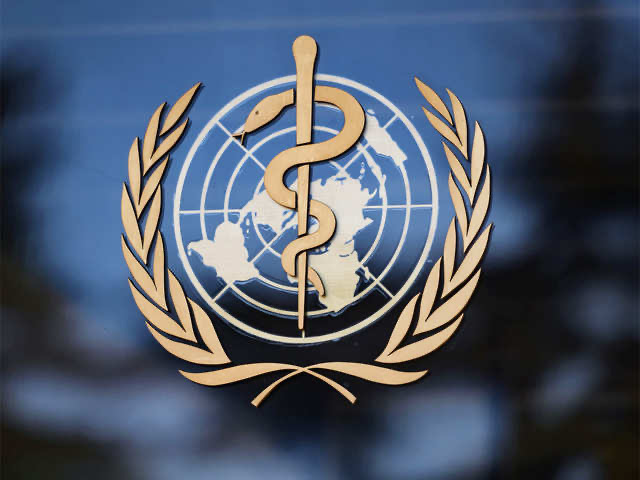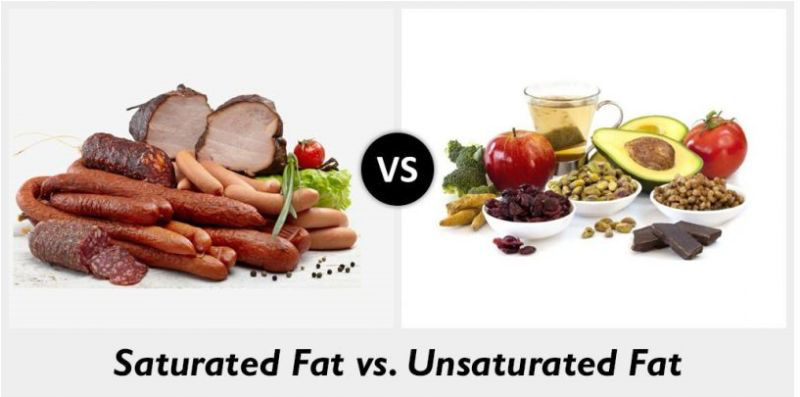A couple of days ago, WHO took another look at its policy on Fats and Carbohydrates recommendations and altered its guidelines as per the latest studies.
Table of Contents
WHO Revises Policies After Latest Studies
On 17th July 2024, The World Health Organization (WHO), an institution promoting international public health, redrafted its dietary prescription regarding the quality and consumption of fats – saturated fats and trans-fats along with carbohydrates.

This modification has come about in light of the inferences derived from the latest reports and scientific corroborations.
The reconsidered specifications predominantly arise in three different domains titled ‘Saturated fatty acid and trans-fatty acid intake for adults and children,’ ‘Carbohydrate intake for adults and children,’, and ‘Total fat intake for the prevention of unhealthy weight gain in adults and children,’ and are based on the latest scientific evidence.
Promoting Good Health and Lowering Morbidity
The statement disclosed by the WHO on Monday is directed to minimize the threat of developing unhealthy weight gain and eventually leading to obesity. Additionally, these revised guidelines also aim to abate susceptibility to catching non-communicable dietary ailments including type-2 diabetes, cardiovascular diseases and a great many types of cancers.

The implementation of the revised suggestions will thwart the predisposition towards these maladies and contribute towards a healthier and fitter demographic population.
The pedigree of the dietary compounds should also be kept conscious. The organization advocates that most carbohydrate requirements of all humans above 2 years should be availed from healthier and natural origins.
Fats and Carbohydrates’ Prescription Modified
Elaborating on the ingestion of Fats, WHO noted that along with the quantity, quality is also a factor to be mindful of to be in good kilter. Restricting the total fat consumption to below 30% and making sure that most of the energy intake is made up of healthy, unsaturated fatty acids.
Apart from this, the WHO guidelines also recommend curtailing the partake of saturated and trans-fatty acids to less than 10%. These fats, from industry-packaged products or from ruminant (cow, sheep) animals, are unhealthy and may get stored and clog the arteries.

WHO also implores the population to substitute trans or saturated fatty acids with nutritious replacements like poly-unsaturated fatty acids or plant-based monounsaturated fatty acids or nourishing carbohydrates from organic sources like whole grains, pulses, fruits, and vegetables.
WHO has also attempted to establish a structure for children. It suggests having at least 250 grams of fruits and veggies for 2-5 year-olds and about 350 grams for 6-9 aged kids. Moreover, all adults are recommended to eat not less than 400 grams of fruits and vegetables and consume about 25% fibre content in their daily meals.
Know What You Consume!
It’s important for the masses to be aware of what they put in their mouths. Saturated fatty acids, contained in fatty meat, oil, butter, ghee, lard, and dairy products among others can be damaging to our well-being if their ingestion is not limited.

While, Trans-fatty acids can be found in fried or baked eatables, packaged snacks and meat or dairy foods. On the other hand Unsaturated Fats, are relatively on the healthier side and are obtained from plant-based sources, nuts, vegetable oils, fish et al.
These guidelines exist concurrently with other articles promoted by The World Health Organization on ensuring a hale and hearty population globally. WHO endorses everyone to keep their sugar intake meagre and elaborates on the importance of choosing nutritious food over junk food.
The latest update on the policy encompasses dietary specifications for adults and kids on the quality and quantity of fats and carbohydrates along with dietary fibres.













